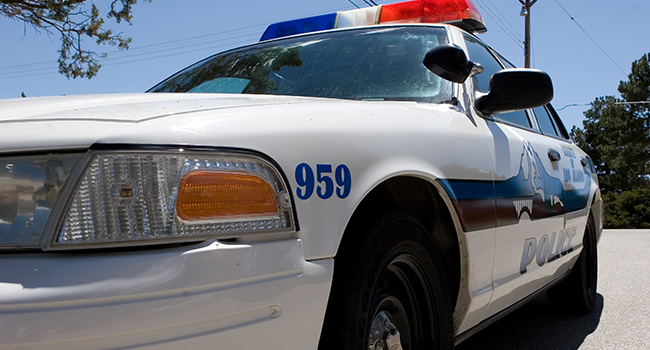
East Texas Colleges Take Steps to Reduce Crime Reported Under the Clery Act
According to Kilgore College Police Chief Heath Cariker, the mandatory reporting under the Clery Act helps officers figure out “where we need to use our resources.”
- By Jessica Davis
- November 21, 2018
The Jeanne Clery Act requires public and private universities and colleges that receive federal funding to annually report crime data and outline their safety procedures and policies to the U.S. Department of Education. Many colleges in East Texas, including Kilgore College, are making changes to increase security based on their mandatory reports for 2017.
According to Kilgore College Police Chief Heath Cariker, the mandatory reporting under the Clery Act helps officers figure out “where we need to use our resources.”
“If we start trending up in sexual assault, then we need to make sure that we’re doing a lot of prevention in that area and we’re giving training in that area,” he said.
Kilgore College reported a small increase in crimes on campus in 2017, including eight burglaries on its main campus and one statutory rape and robbery. Weapons, drug and liquor law violations increased last year after none were reported for 2016.
According to Cariker, the campus is making changes to increase safety. Phase 1 of “a new camera initiative” has been completed and a firm has been hired to upgrade lighting at all buildings on Kilgore and Longview campuses.
“We started the actual [installation] during the summer. We installed right about 45 cameras, I believe. We still have some of our older cameras,” Cariker said. “[The lighting upgrades are] going to be huge at night because we do have some dark places on our campus to eliminate, so it will make it much safer for our students to walk the campus and enjoy campus in the evening and nighttime hours.”
Cariker said officers hosted town hall meetings for students and faculty and the college has implemented campus violence awareness training as of last semester.
Tyler Junior College reported nine forcible sex offenses in 2017, but did not specify how many were rapes or fondling. The college also reported one instance of dating violence and one aggravated assault in 2017, a decrease from eight reported in 2016.
TJC had 19 drug offenses, an increase from five in 2016. No liquor law violations were reported.
“TJC continues to heighten awareness and create an environment on campus in which students and employees feel empowered to report incidents of a suspicious nature and to seek help,” the college said in a statement. “Specifically, events such as an active shooter drill and an information seminar were held on the main campus. Additionally, all students attending TJC’s new student orientation receive education regarding sexual consent and suicide awareness.
Wiley College in Marshall reported two offenses of violence against women and two rapes in 2017, all of which took place on campus. Two burglaries and aggravated assaults on campus were also reported. Chief of Campus Security Jon Charvis said the 2017 Clery-mandated report numbers showed that “criminal acts remained low and consistent with prior years.”
“Safety is a shared responsibility within the campus community, and we rely on every community member to contribute by reporting crimes and suspicious activities. The college maintains a highly trained security staff and maintains a close working relationship with local law enforcement,” he said. “With increased security procedures in place, the college is even better equipped to ensure it remains a place where all students can safely live and learn.”
Jarvis Community College in Hawkins reported no major crimes, violence against women, weapons law, drug abuse or alcohol law violations last year. Director of Communications Eric Stringfellow said the college is “pleased with our crime statistics from last year.”
“Campus safety — for students, faculty and staff — is a huge priority,” Stringfellow said. “We’ve added lighting to some of our isolated areas. We’ve added more surveillance cameras and we’ve increased the number of officers and the number of walking patrols. Even with the encouraging data, we will continue to explore ways to enhance safety.”
About the Author
Jessica Davis is the Associate Content Editor for 1105 Media.